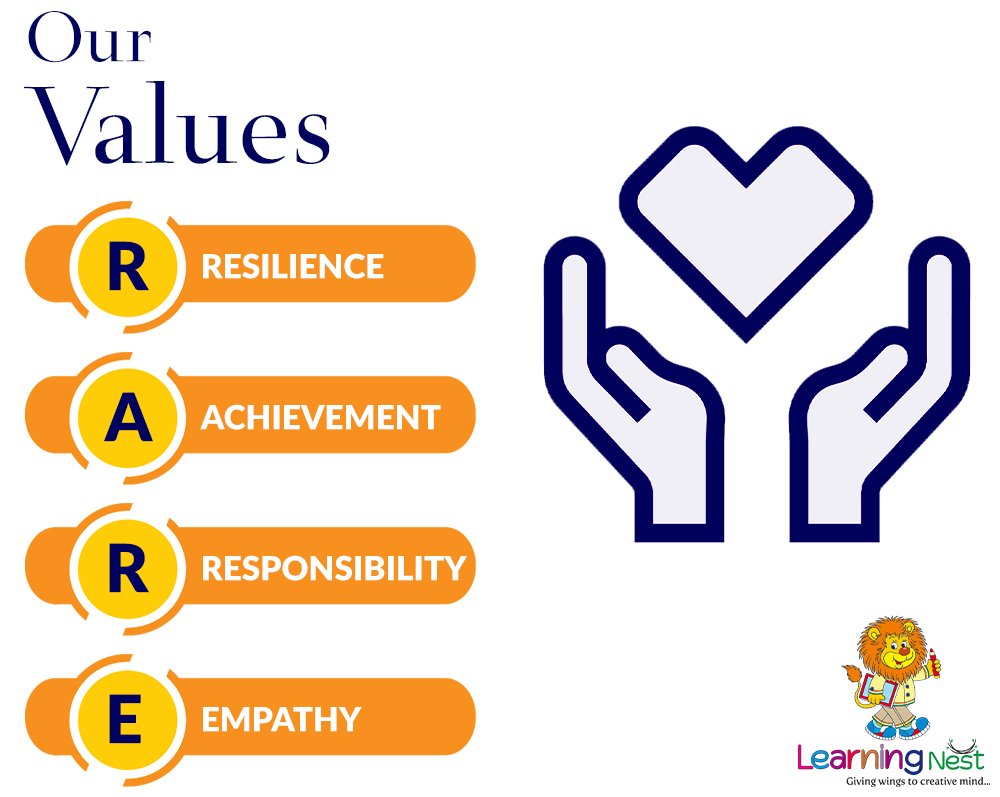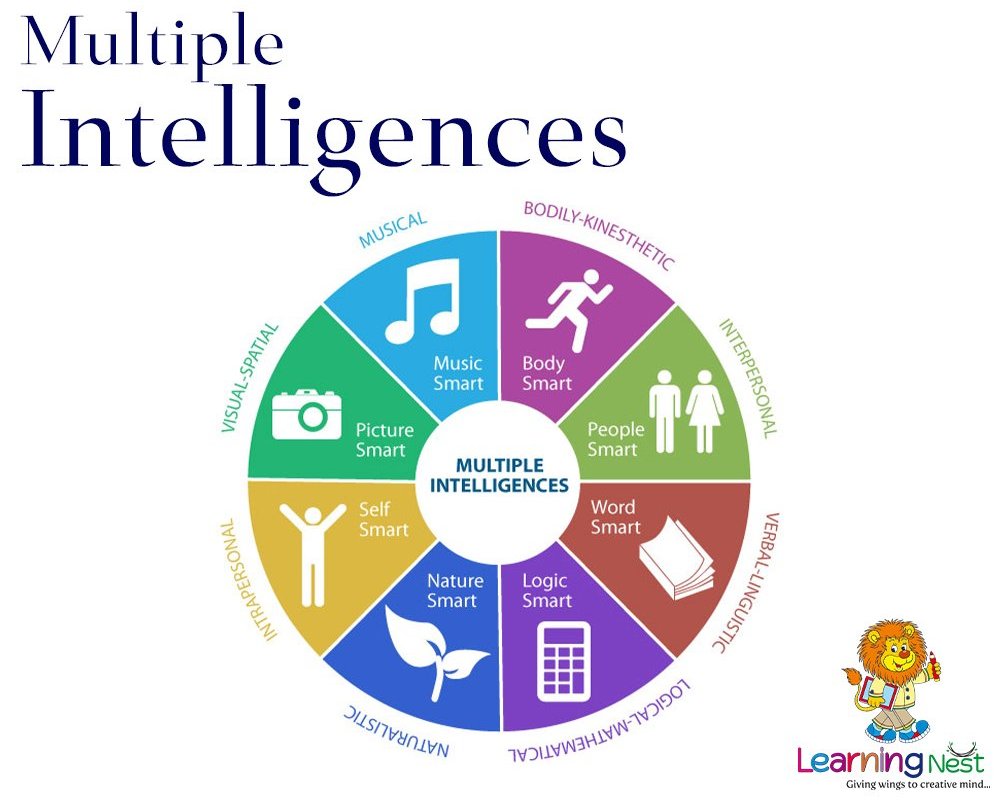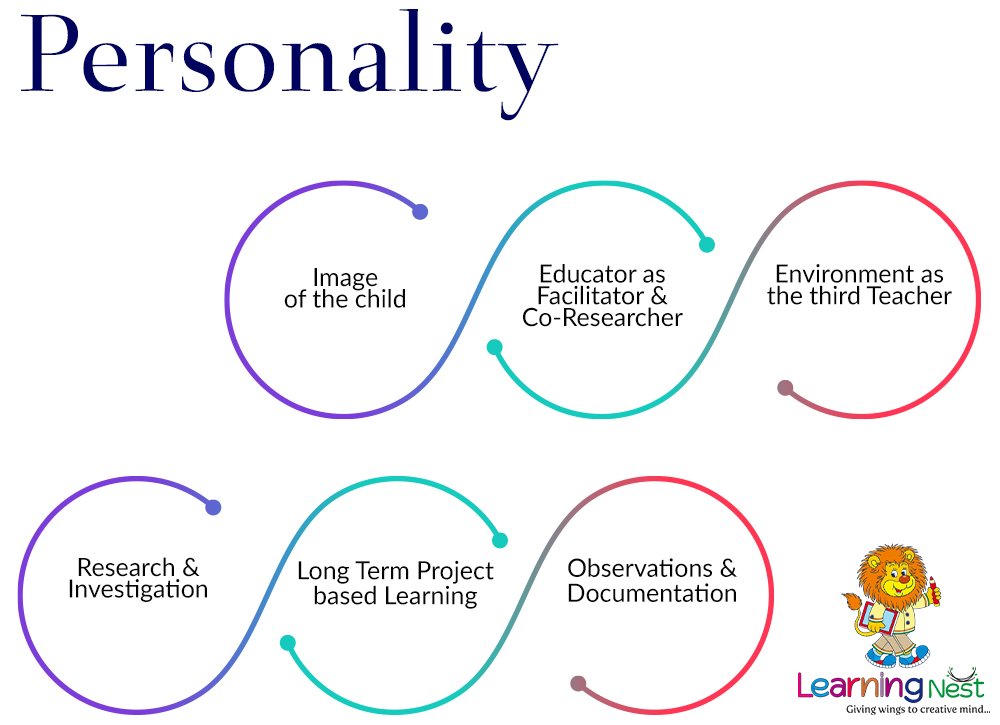
Driven by the latest research the school has a curriculum designed to impart complete education to a child of which values form an intrinsic part. Building a positive attitude through structured and non-structured instruction and helping our youngsters appreciate our rich and varied cultural heritage through different activities and events makes the learning experience meaningful.
Valuing tradition and learning to do what is right is our mantra. In addition to that we teach our children to appreciate their blessings, respect their elders and exhibit socially responsible behavior. Our approach engages the pupils in all aspects of education and requires responsibility and involvement. It aims to develop the child to his/her maximum potential.
Within a caring and structured environment, children are taught by a vibrant and creative teaching staff. Our *core philosophy*is to ensure our students enjoy and develop love for learning, achieve beyond their expectations and feel empowered to become the leaders and contributors of a better society.

The school offers ICSE [Indian Certificate of Secondary Education]as a course of study. The Primary School section (from Pre-Nursery to Standard IV) caters to children with the main focus on the development of the child in the classroom and in relation to the world outside.
The Middle School (from Standard V- VII) provides a framework of academic challenge and an exposure to a plethora of co-curricular activities to build skills and confidence. A hierarchy of leadership at class levels is framed, which insists on a sense of responsibility and enforces discipline patterns with elected prefects in charge of activities.
The High School (from Standard VIII – X) is a curriculum highly competitive and demanding in terms of academics along with a well-planned structure for the co-curricular activities like debate, elocution, dramatics, environmental studies, music and projects in science and humanities at both inter-house and inter-school levels.
At TRPS, the early childhood curriculum is designed to meet the needs, interests, and abilities of the young child as well as the demands of the 21st century. Our curriculum draws inspiration from the Theory of Constructivism, the Reggio-Emilia Approach to Learning and the Theory of Multiple Intelligences.

Builds on the child’s prior knowledge and experiences, by helping the child toconstruct meaning and reflect on one’s own learning.
Emphasises on the development of the whole child.
Is the ONLY joyous way for young children to learn; it enhances conceptual learning, socialization and emotional freedom.
Provide learning in the other 3 R’s – Responsibility, Relationships and Respect for the living and nonliving things.
Celebration of socio-cultural differences is our way of life.

Our Curriculum is well aligned with the recommendations of CISCE.
It incorporates all the elements of academic interests that cater to the challenging requirements of the contemporary and future educational needs. Our focus is to make learning purposeful and progressive in a planned manner and equip our learners with a repertoire of skills and a positive attitude so as to make them successful citizens in a globally competitive society. The Curriculum caters to a varied and diverse range of individual differences, intelligences and abilities and provides a plethora of opportunities to enjoy the learning experience through the integration of generic skills and values in key learning areas.
As the learner has gained mastery over basic concepts underlying each subject area in the primary years, the learner is now ready to meet the rigours of the academic programme in the secondary section aligned with the ICSE Examinations. The focus shifts to self-reliance and initiative with purposeful, goal-directed facilitation by the teacher. Opportunities are therefore created for questioning, enquiry, debate, reflection and deep-diving into the concepts.